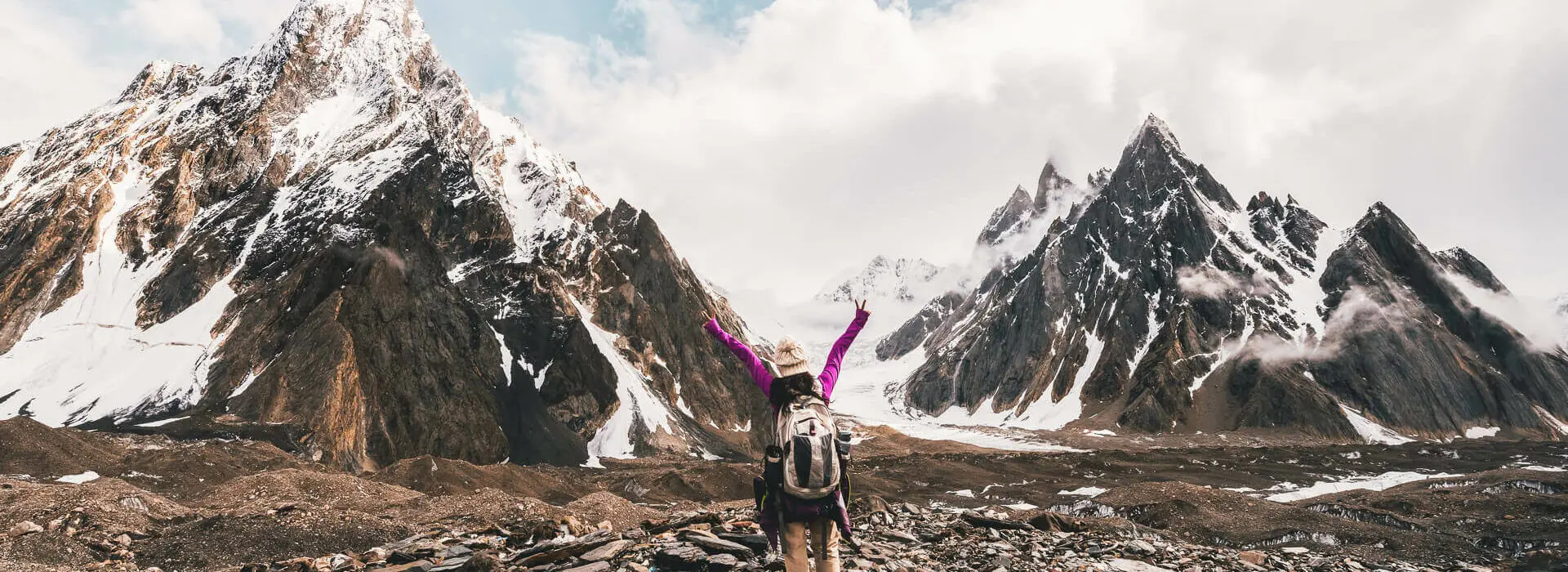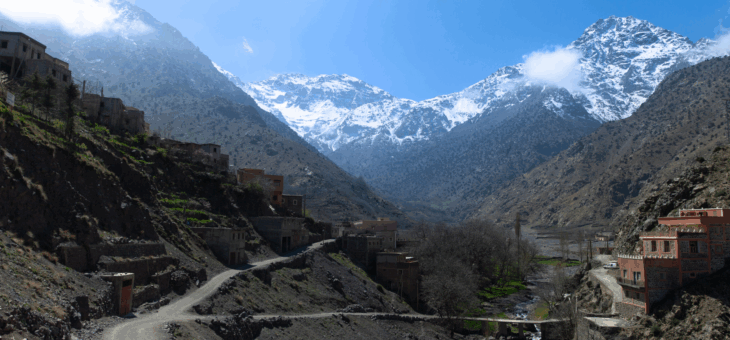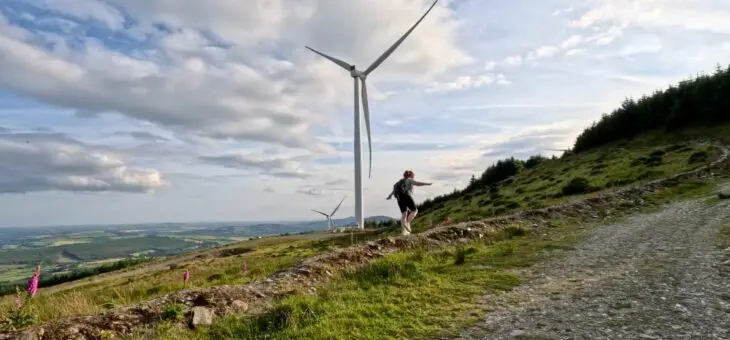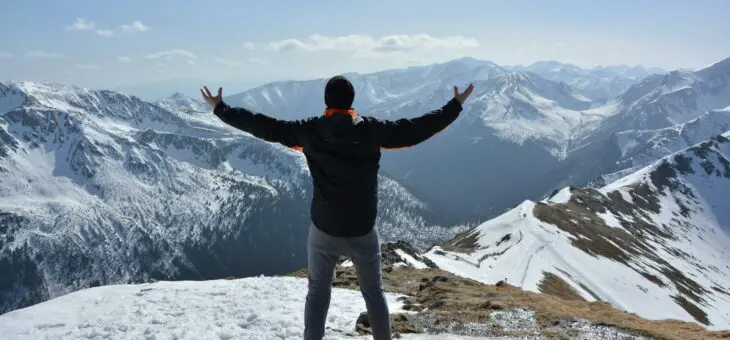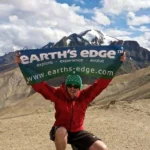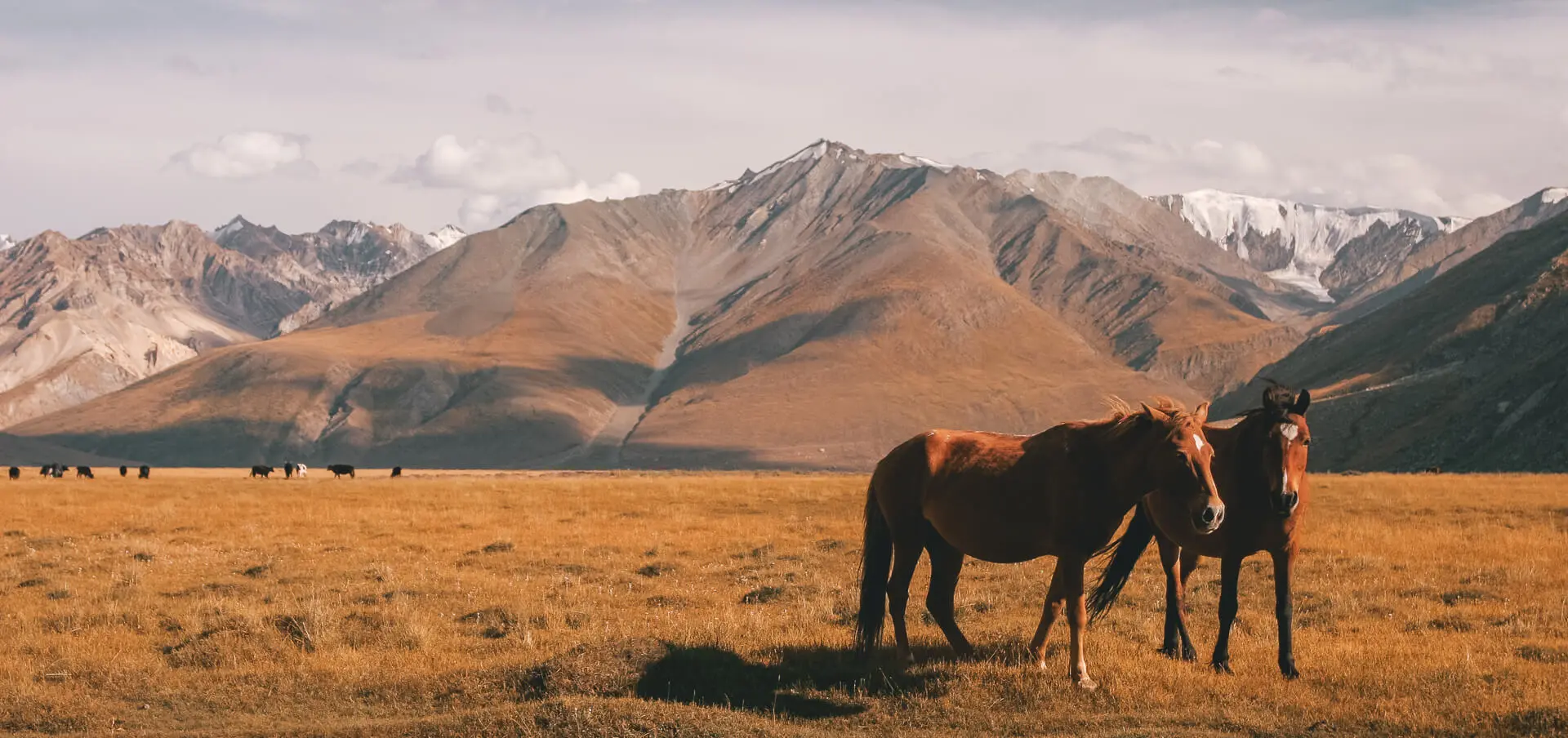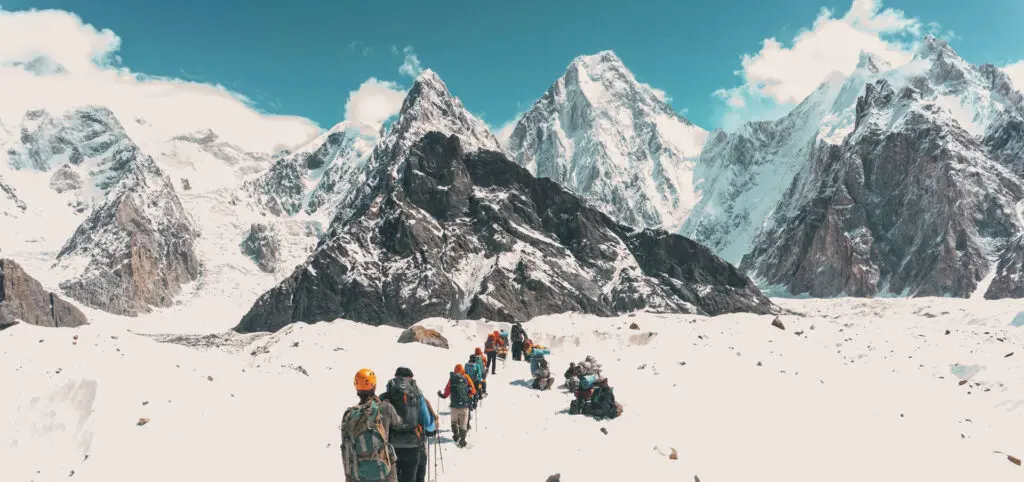
Whenever you start planning an expedition, there should be one thing at the front of your mind – safety. It certainly is at Earth’s Edge. Every decision we make is based on the safety of our clients, team and staff. If you’re thinking of trekking to the base of the second highest mountain in the world, but are wondering if it’s safe to trek to K2 Base Camp, we have the answers below…
Is it safe to trek K2 Base Camp?
As we said above, K2 is the second highest mountain in the world (K2 comes in at 8,611m, Everest sneaks just ahead at 8,849m). A mountain so high certainly comes with its own level of risk. In fact, climbing K2 is considered to be one of the toughest mountains to climb. But if you trek to K2 Base Camp, you’re in for a much simpler journey. K2 Base Camp is at an elevation of 5,400m, which is a much more manageable altitude.
How hard is it to trek K2 Base Camp?
That said, it’s not an easy trek. We give all of our expeditions a difficulty level, and K2 Base Camp is a level 7. Everest Base Camp, in comparison, is a level 4. Level 7 means you should expect to trek…
An average of 6 to 8 hours per day at altitudes not usually exceeding 6,500 metres. Typical elevation gain per day would be 500 – 1000 meters, with at least one day over 1000 metres. Added to this will be the remote location of the expedition. As a rough guide, you should be comfortable hillwalking for 8 hours per day for two days in a row.
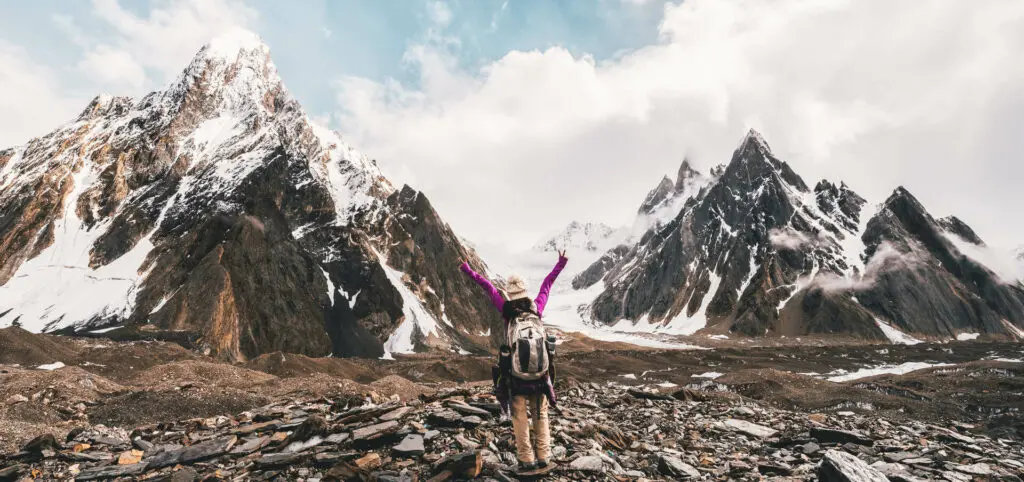
Trekking with a good team
The remote location of K2, alongside the altitude and terrain, means that it’s absolutely imperative to pick a good team to trek with. At Earth’s Edge, we send an international expedition leader and doctor on every trek, while keeping group sizes sustainably small. That means you’ll have expert skills and a medical support at every step of the way. We also work with a local team of expert porters and guides, who know the trek inside out.
What about altitude sickness?
Acute Mountain Sickness (AMS) is a concern on many expeditions. We choose our route to allow for acclimatisation, and all of our team know how to minimise the risks as well as treating any symptoms. The best things you can do are…
- Stay hydrated (at least 3 litres of water a day, preferably 5)
- Keep eating (even if you’re not hungry, you need to maintain calorie input)
- Rest (this means a good night’s sleep as well as plenty of breaks)
- Take your time (this isn’t a race – going slowly helps you acclimatise)
Remember, our doctor is on the expedition for a reason. If you tell the doctor as early as possible if you don’t feel well, the solution will likely be simple. The longer you wait, the worse it can get.
If you want to read more about our expedition to K2 Base Camp, click here.
